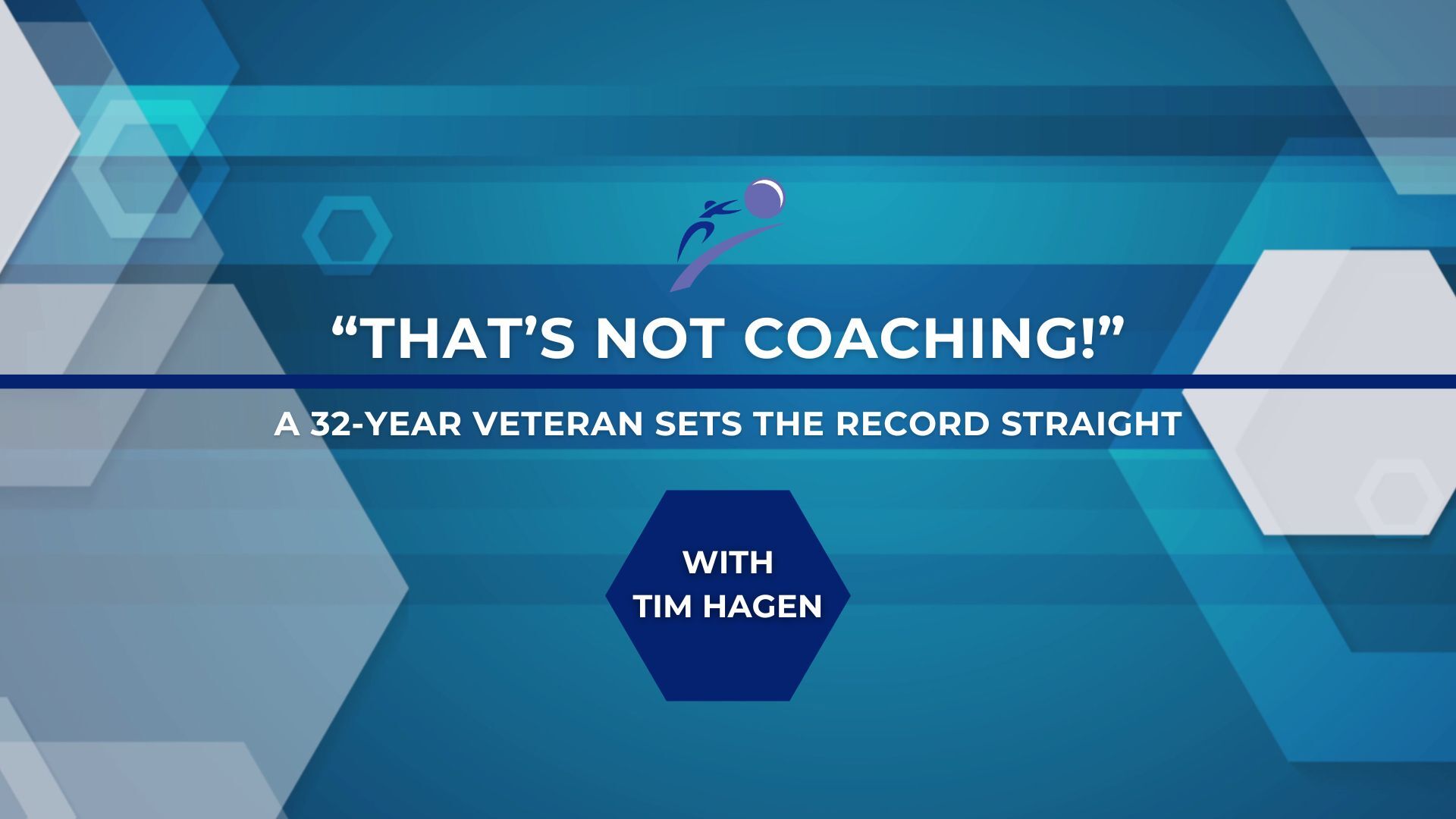
One of my client's managers recently told me that he did not have time to coach. I asked him why he felt that way and he stated "I have so many things on my plate I cannot even see straight". Now that's a mouth full and he is a good guy who genuinely feels that way, but I thought to myself, "As a leader is he thinking of himself or his staff"? We need to drive our employee's performance because they will not seek to improve arbitrarily. I challenged my client with one major question:
What risk do you assume by not coaching?
He said "I cannot think of anything, why?"
I said "what if I told you than you have made a decision for your employees NOT to improve"?
He look puzzled, realizing his lack of action made a very LOUD statement to his employees and to upper management. A major element of leadership is our ability to challenge, inspire, and motivate employees to perform better than they ever thought possible. If we do nothing, have we really earned the right to evaluate their performance at the end of the year when in reality, we have stated its okay not to improve performance?
Here is overview of why we need to coach:
Free Coaching Whitepaper:







